DIY Activities
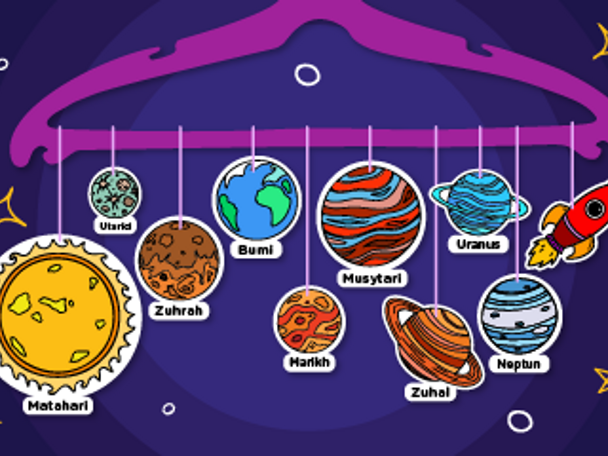
Get To Know The Solar System
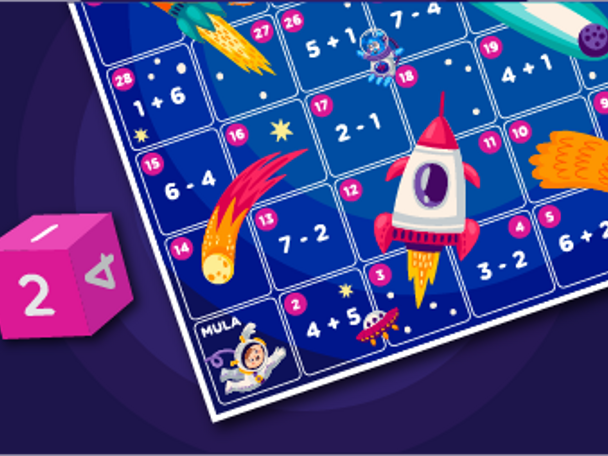
Rockets & Meteors Galaxy Board Game
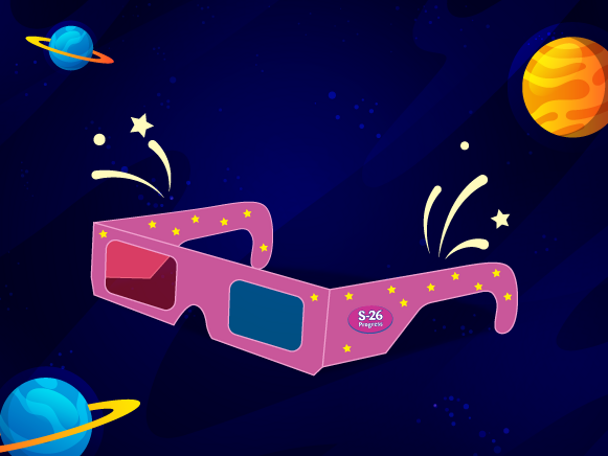
3D Glasses

Rocket Launch Mission

Space Technology
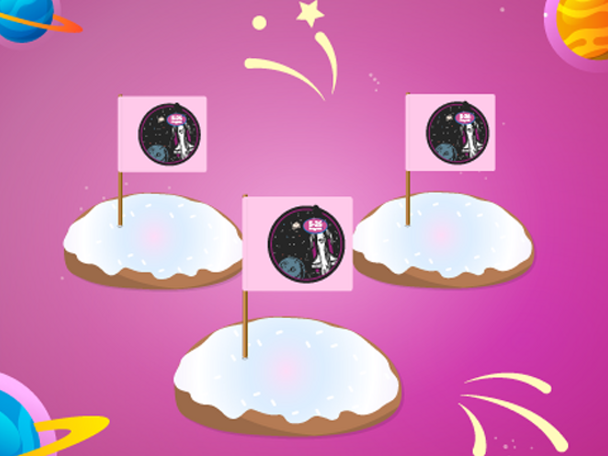
Galaxy Cookies

Looking for Syawal’s Moon
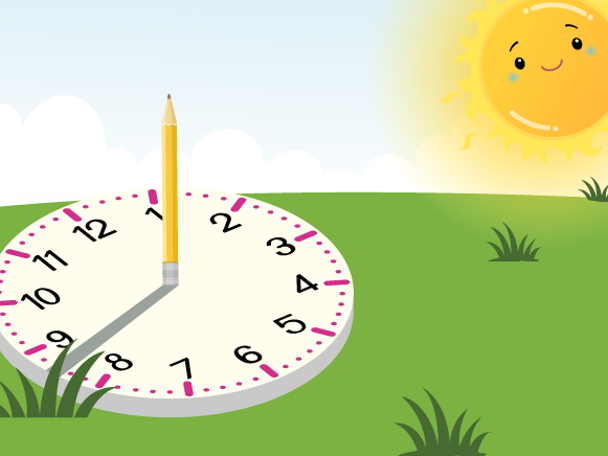
Sundial
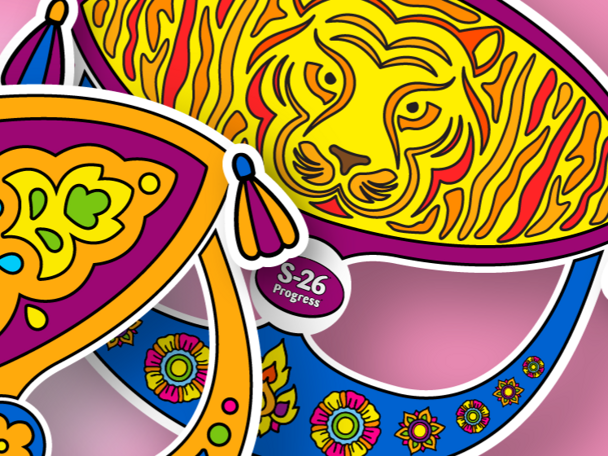
Wau Bulan
The DIY activities are designed to cater to children's curiosity and creativity, offering them a chance to explore various scientific concepts and engage in hands-on experiences. These activities encourage children to view things from a different perspective and ignite their imagination.
One of the activities is crafting 3D glasses. This activity allows children to create their own pair of 3D glasses using materials found at home. By wearing these glasses, children can experience a different way of seeing objects and images, enhancing their understanding of depth perception and visual effects.
Another exciting activity is the Rocket Launch Mission. Children are encouraged to build their own space rockets using items readily available at home. This activity not only promotes creativity and problem-solving skills but also introduces children to the basic principles of physics and engineering. They can experiment with different designs and launch their rockets, observing how different factors affect the flight trajectory.
The Space Technology activity aims to familiarize children with the space technologies that we use in our everyday lives. Children can learn about satellites, GPS systems, and communication devices that rely on space technology. This activity helps children understand the practical applications of space technology and how it impacts our daily lives.
Baking Galaxy Cookies is a fun and delicious activity that combines science and culinary arts. Children can create their own galaxy-themed cookies using food coloring and edible glitter. This activity allows children to explore the concept of mixing colors, observe chemical reactions during baking, and exercise their creativity in decorating the cookies.
Looking for Syawal's Moon is an activity that introduces children to the moon phases during the Syawal month. Children can learn about the different phases of the moon, from new moon to full moon, and understand the lunar cycle. This activity can be done by observing the moon each night and documenting its changes, fostering an appreciation for astronomy and cultural traditions.
The Sundial activity offers a unique way for children to tell time without a clock. Children can create their own sundial using simple materials such as a stick and a paper plate. By positioning the stick in the ground and aligning it with the sun's shadow, children can learn how the position of the sun changes throughout the day and tell time based on the shadow's movement. This activity not only teaches children about the concept of time but also connects them to ancient timekeeping methods.
These DIY activities provide children with opportunities to explore science, technology, engineering, and mathematics (STEM) concepts in a fun and interactive way. By engaging in hands-on experiences, children can develop critical thinking skills, problem-solving abilities, and a sense of curiosity. These activities also promote creativity, imagination, and a love for learning.
Through these projects, children can develop a deeper understanding of the world around them and foster a passion for science and exploration. By connecting scientific concepts to real-life applications and encouraging creativity, these DIY activities empower children to become active learners and thinkers. They inspire young minds to question, experiment, and discover, paving the way for future scientists, engineers, and innovators.

